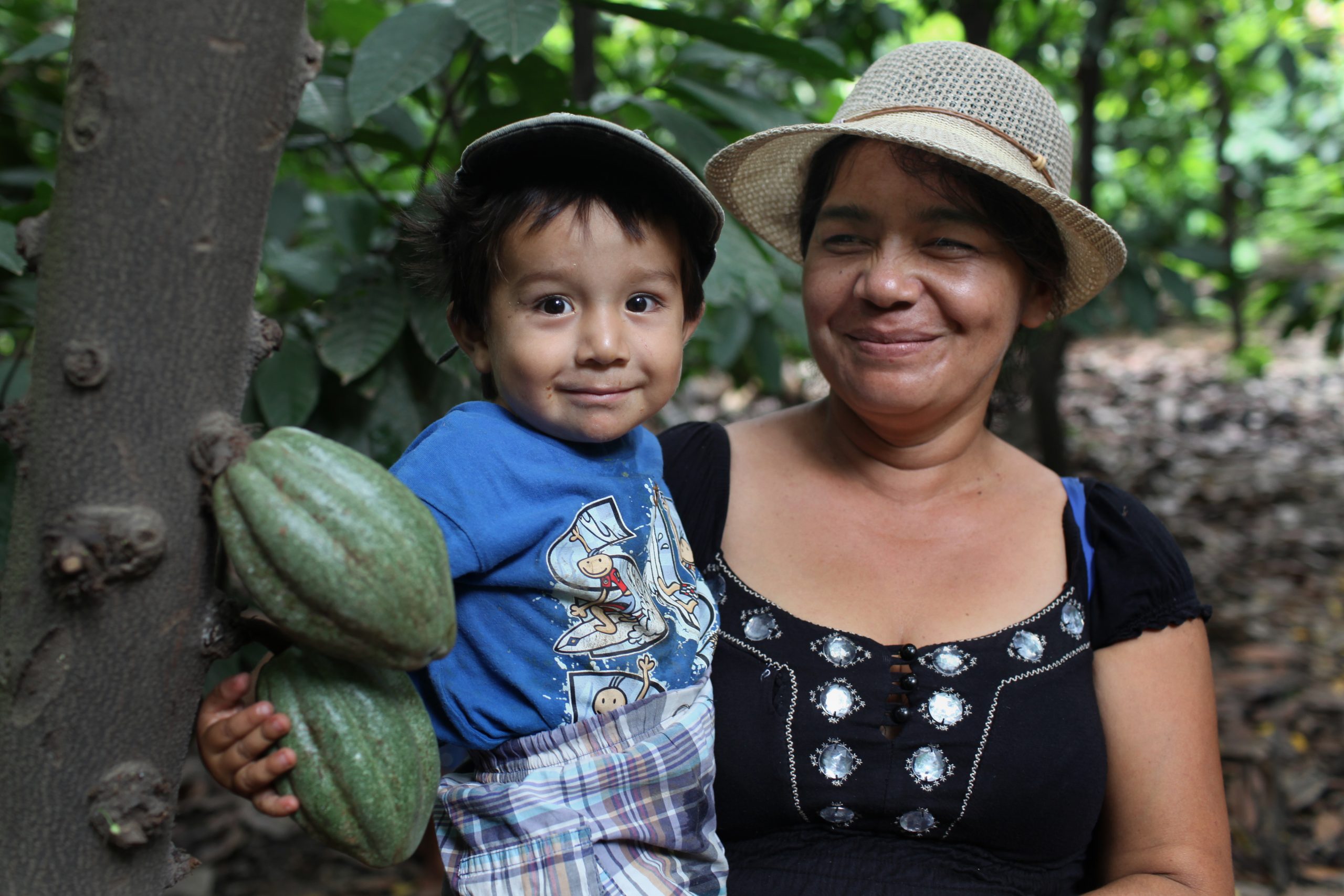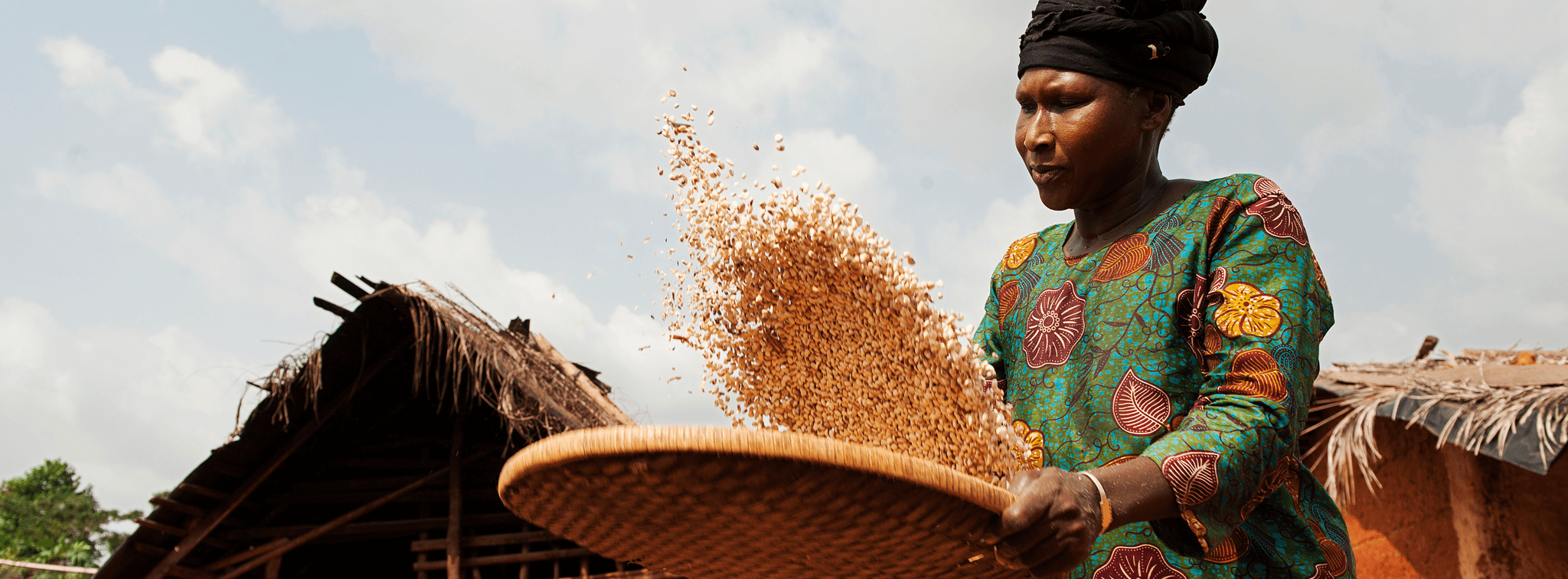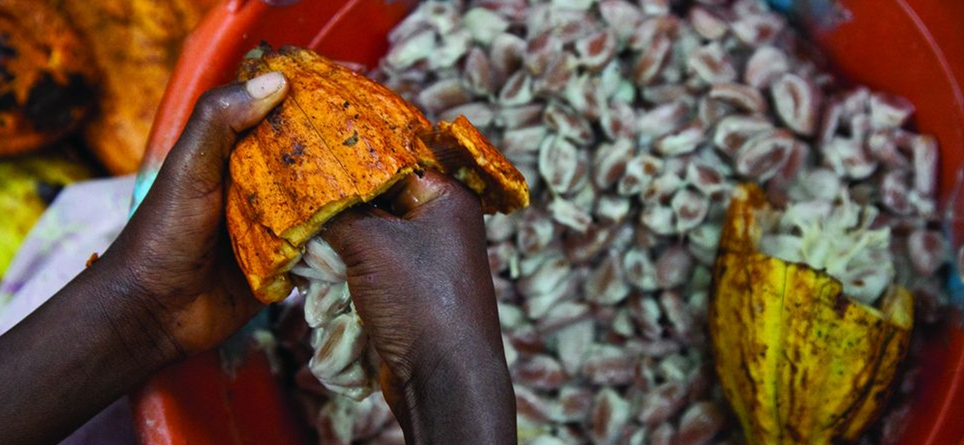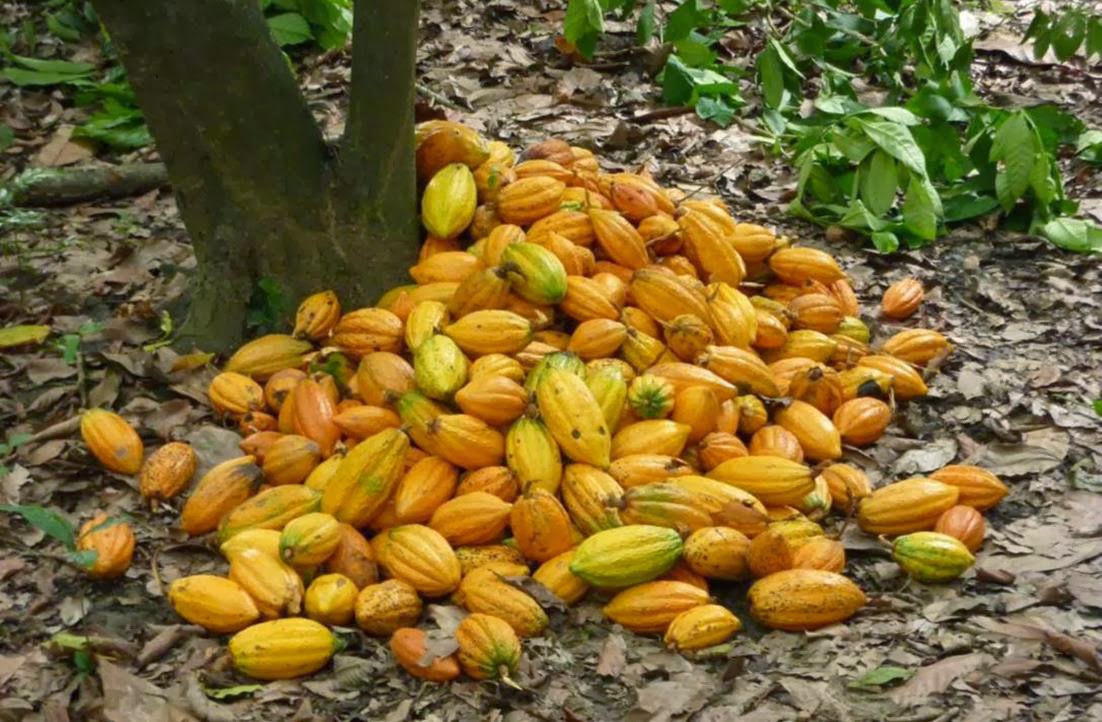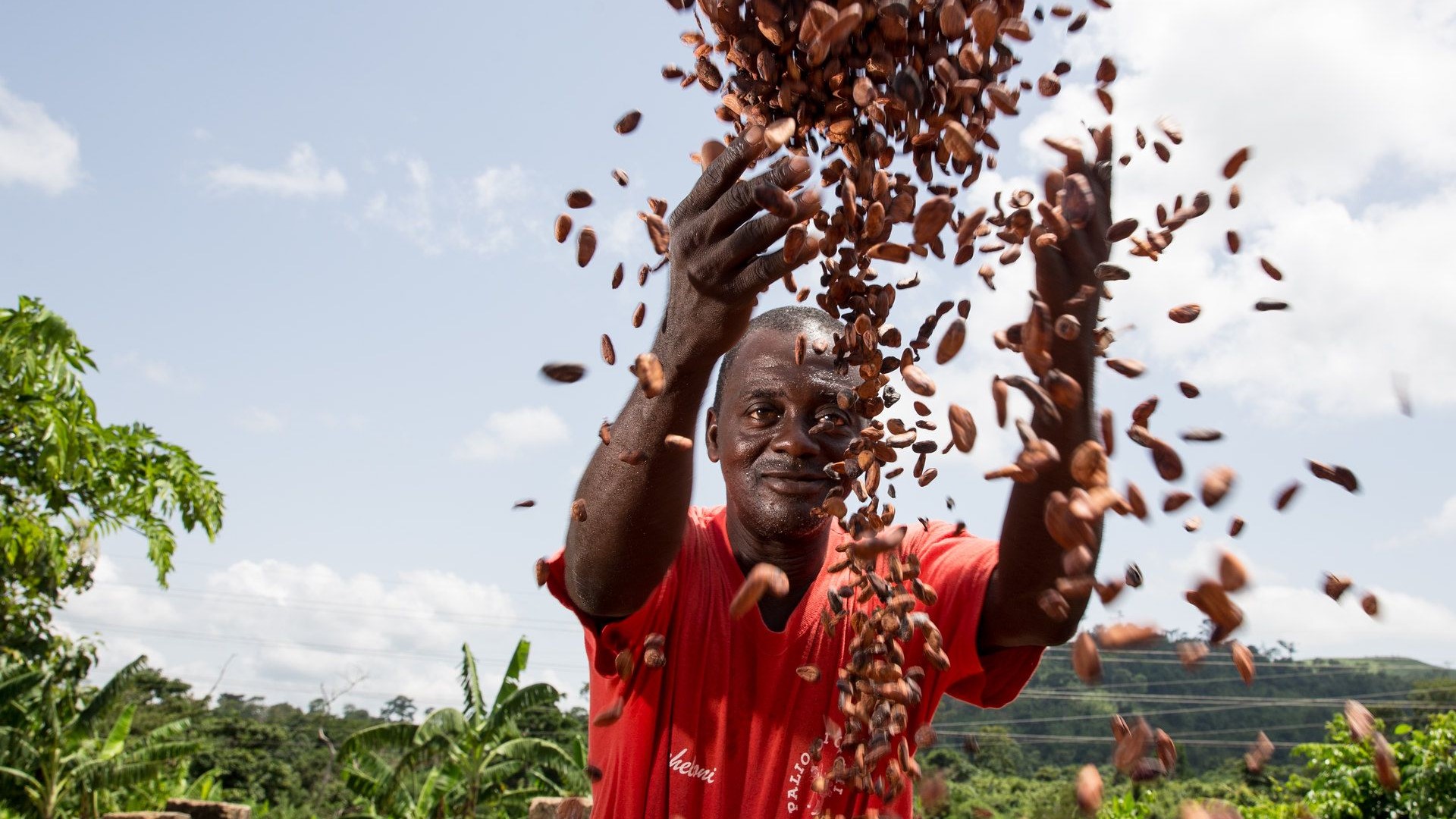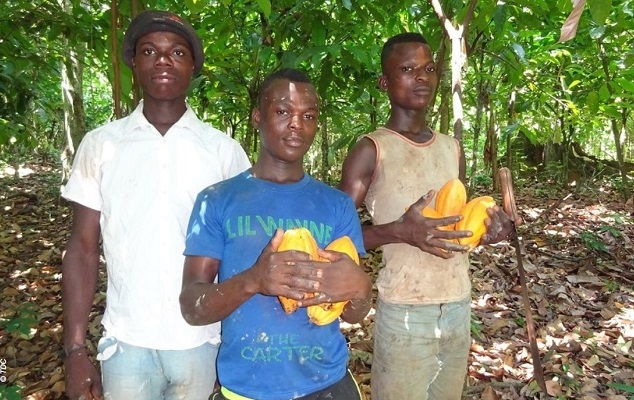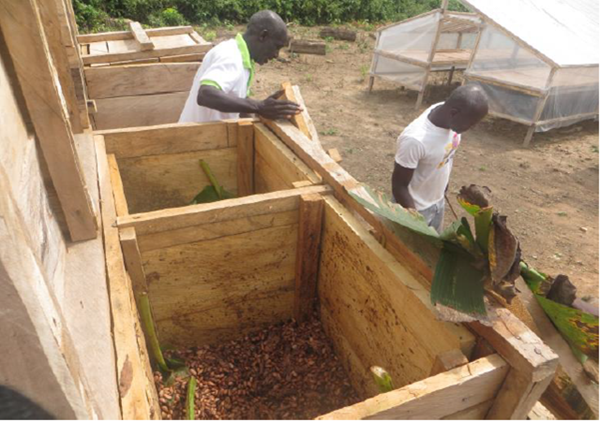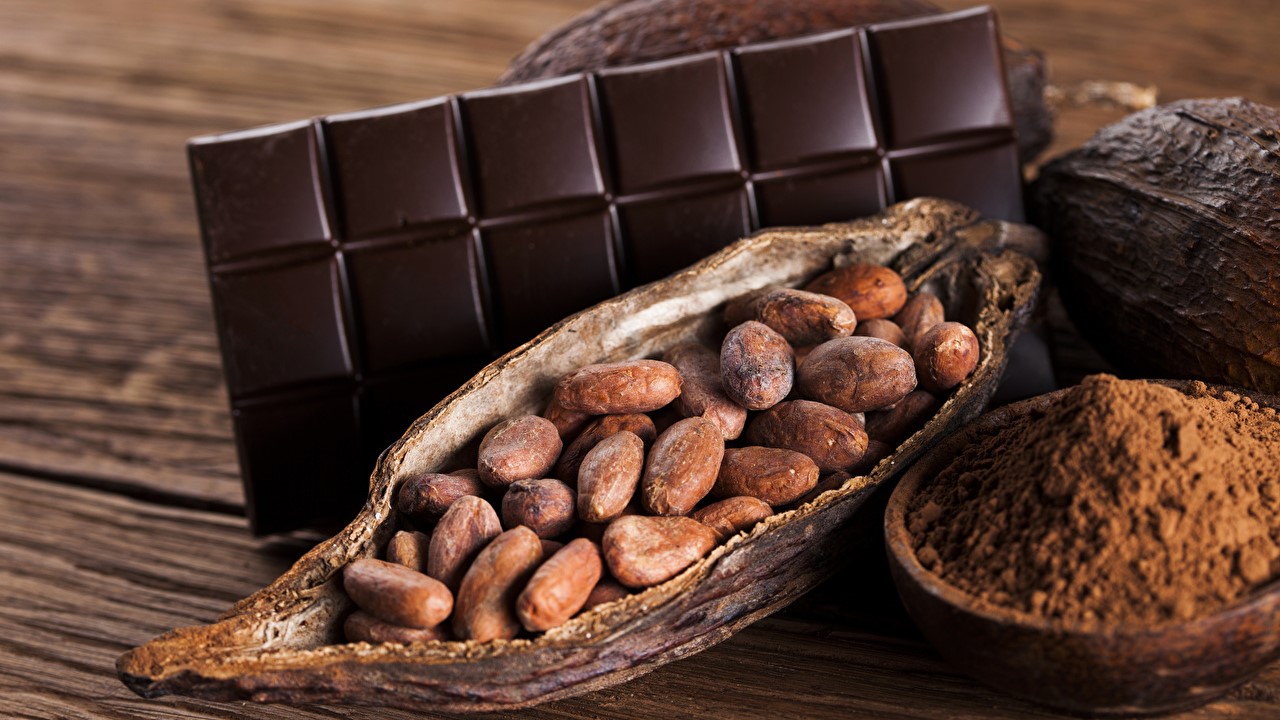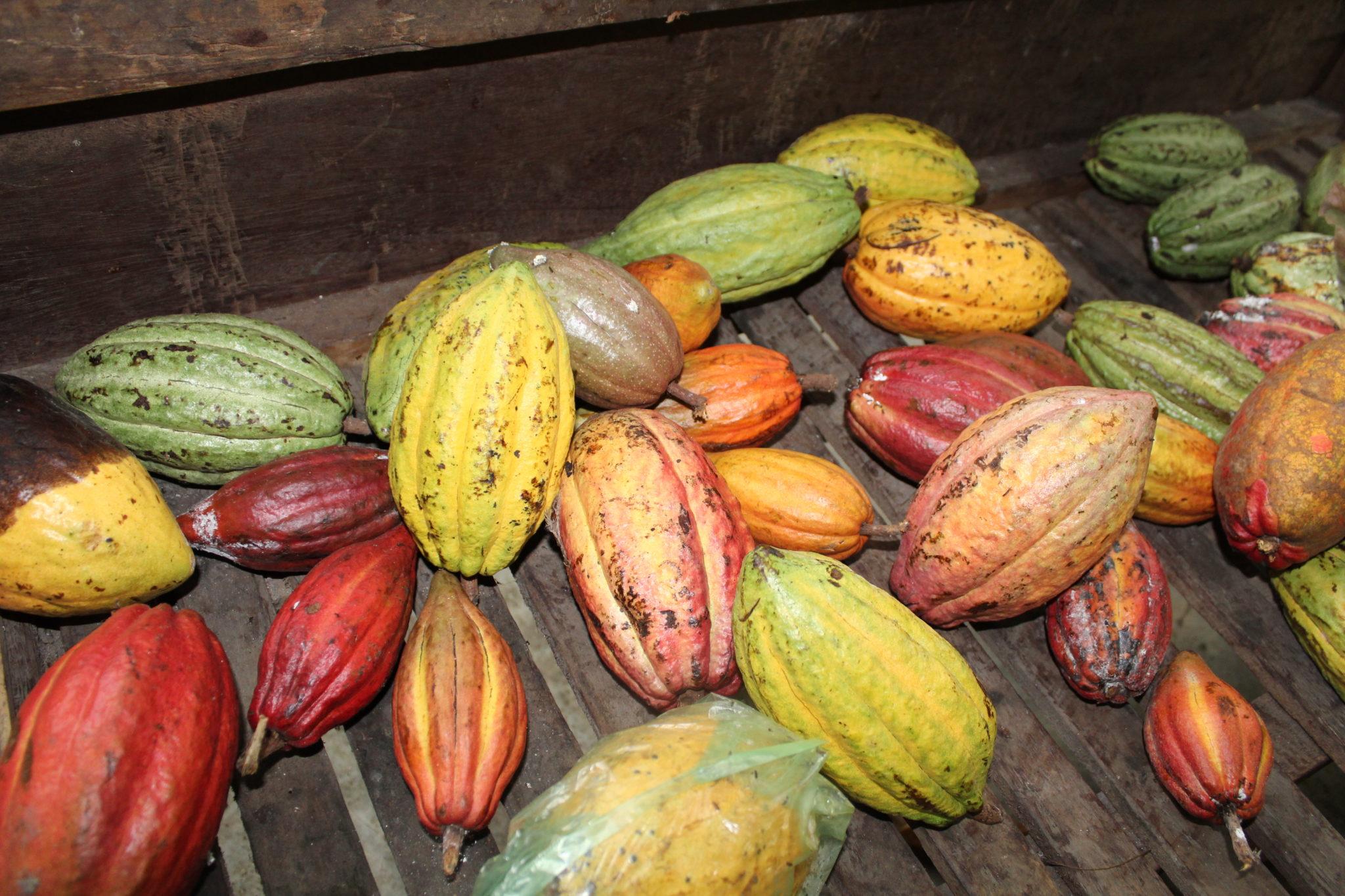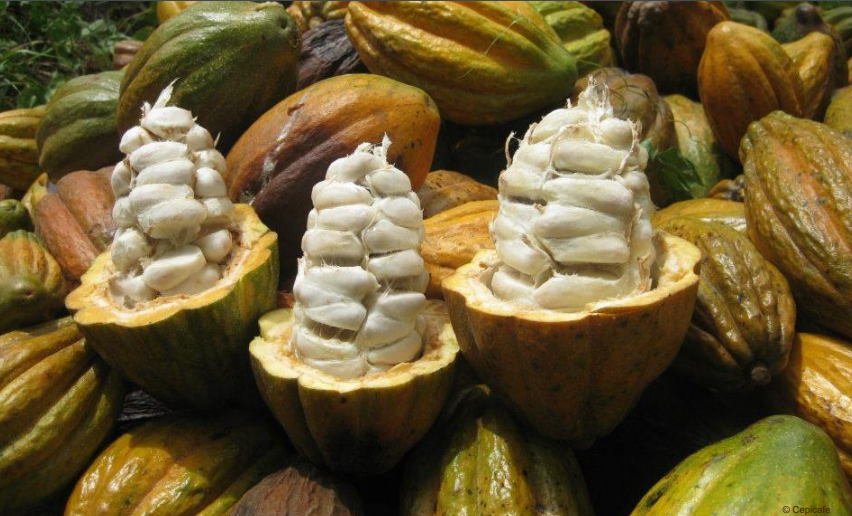In Côte d’Ivoire, the cocoa country par excellence, ECOOKIM is rightly a pioneer. This cooperative, founded in 2004, is a national union that now brings together 23 local cooperatives in the country’s various cocoa growing areas. ECOOKIM defends the interests of no less than 12,000 of the most disadvantaged cocoa farmers. Its mission is to improve the quality of their cocoa in order to conquer the international market. In 2010 the cooperative obtained the Fairtrade certification, followed shortly afterwards by Utz and Rainforest Alliance.
